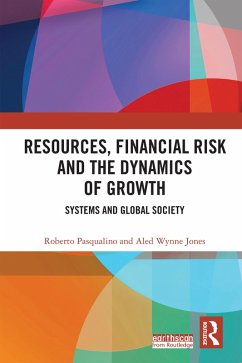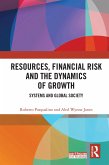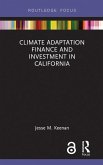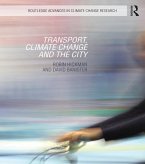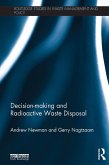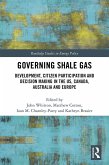Building on the World3-03 Limits to Growth model, the ERRE links the financial system with the energy, agriculture and climate systems through the real economy, by means of feedback loops, time lags and non-linear rationally bounded decision making. Prices and their interaction with growth, inflation and interest rates are assumed to be the main driver of economic failure while reaching planetary limits. The model allows for the stress-testing of fat tail extreme risk scenarios, such as climate shocks, energy transition, monetary policies and carbon taxes. Risks are addressed via scenario analyses, compared to real available data, and assessed in terms of the economic theory that lies behind. The book outlines the case for a government led system change within this decade, where the market alone cannot lead to sustainable prosperity.
This book will be of great interest to scholars of climate change, behavioural, ecological and evolutionary economics, green finance, and sustainable development.
Dieser Download kann aus rechtlichen Gründen nur mit Rechnungsadresse in A, B, BG, CY, CZ, D, DK, EW, E, FIN, F, GR, HR, H, IRL, I, LT, L, LR, M, NL, PL, P, R, S, SLO, SK ausgeliefert werden.

